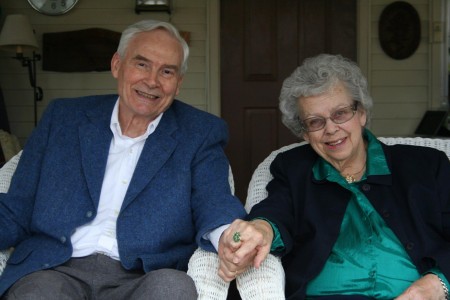
This Illini memory comes courtesy of D.C. attorney Bradley Merrill Thompson (MBA ’83), who interviewed his 89-year-old dad — two-degree UI grad Merrill Thompson — for this story.
Merrill S. Thompson received both his BA and JD from the University of Illinois, as did his older brother before him. And, like his brother, his path through school was interrupted by war.
Entering the University in 1948, Merrill studied economics in the College of Liberal Arts & Sciences, working his way through school in various food service jobs and sleeping on his brother’s couch.
After three years of undergraduate coursework, and three years of military service during the Korean conflict, the University transferred Merrill to the Law School. After his first two years at the Law School, the University awarded Merrill a bachelor’s of arts with high honors in economics.
To support Merrill in his law studies, his wife Emma quit graduate school where she was working on a master’s in communication, and took a job teaching in Sadorus, south of Champaign. In 1957, Merrill graduated from the Law School second in his class, having served on the Law Review.
From school, Merrill took a job in Chicago at Chadwell & Kayser, a general practice law firm. At the firm, Merrill gravitated toward working for several partners who represented a wide variety of companies making products regulated by the U.S. Food and Drug Administration. Over the years, Merrill advised such clients on health and safety requirements as well as on how to label and promote their products lawfully.
Among his clients, Merrill represented Kraft Foods for nearly 50 years. Merrill also served as outside general counsel and as a member of the board of directors of several companies.
In his legal practice, Merrill embraced technology. In 1983, The Wall Street Journal ran a story on its front page about Merrill moving his office from the 85th floor of the Sears Tower to a small town in western Indiana, connecting to clients using at that time floppy disks, Federal Express and fax machines.
Merrill later joined the law firm of Arnold & Porter in Washington D.C., but continued to work out of his office in Bridgeton, Ind. In his last years of practice, Merrill joined Baker & Daniels in Indianapolis to practice law with his son, Brad.
For 12 years, Merrill taught Food & Drug Law as a lecturer at Northwestern University Law School in Chicago.
Beyond his brother, Merrill followed his father to the University. His father graduated with a business degree in the early 1920s, having played football on the team with Red Grange, the “Galloping Ghost.” Merrill’s sister-in-law also graduated from Illinois.
Merrill was followed by his son Bradley, who, like his father, earned a liberal arts degree in economics and then earned an MBA, before switching to Michigan to go to law school.
Merrill and Emma remembered the Law School in their estate plan, establishing the Merrill and Emma Thompson Endowment Fund to provide scholarships to in-state students. They wanted to help make the high quality of the University of Illinois Law School affordable to those of limited means. Merrill is 89 years old.
****
Merrill’s favorite professor was a fairly young man who taught property law named John E. Cribbet. Professor Cribbet started teaching in 1947, and Merrill took his property class a few years later in 1955.
Professor Cribbet was an exceptional teacher, and later he would go on to become dean of the Law School and eventually chancellor of the campus when Bradley was in school there. In the 1950s, Illinois had great success at recruiting exceptional legal scholars from the East Coast who wanted something different.
An event which left an impression on Merrill was when the law school moved from Altgeld Hall to its new facility in 1955. He remembers the dramatic, symbolic move of the procession of all of the students, faculty and staff from the old to the new. During his time at Altgeld Hall, he could feel the history when attending classes.
Even though it was nothing special, he remembers moving into Stadium Terrace — hastily constructed veterans housing — with his new wife. The place wasn’t much to look at, but for vets returning with families, it created a community where students and spouses could gather. The community was brought together by the shared experience of having served in the military.
He remembers the late 1940s listening to Russell “Ruck” Steger, a fullback on the football team who also enjoyed singing and playing guitar around campus.
Finally, Merrill remembers his reverence, as an 18-year-old freshman, for the returning World War II vets who came back to school in about 1948. Merrill’s older brother, Vince, was one of them, and through Vince Merrill spent quite a bit of time with these veterans. He remembers how different they were from other students, far more mature and serious.
Then, Merrill himself entered the Navy during the Korean conflict. When he came back to school in 1954, he felt like one of those vets he had observed, and understood why they were so much more serious. That maturity gave Merrill the focus he needed to do well in law school.

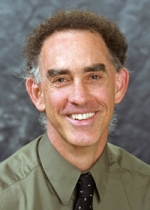


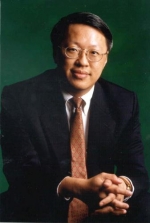
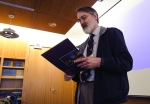



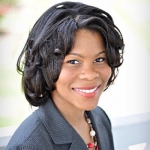
© 2026 The News-Gazette, All Rights Reserved | 201 Devonshire, Champaign, IL | 217-351-5252 | www.news-gazette.com
